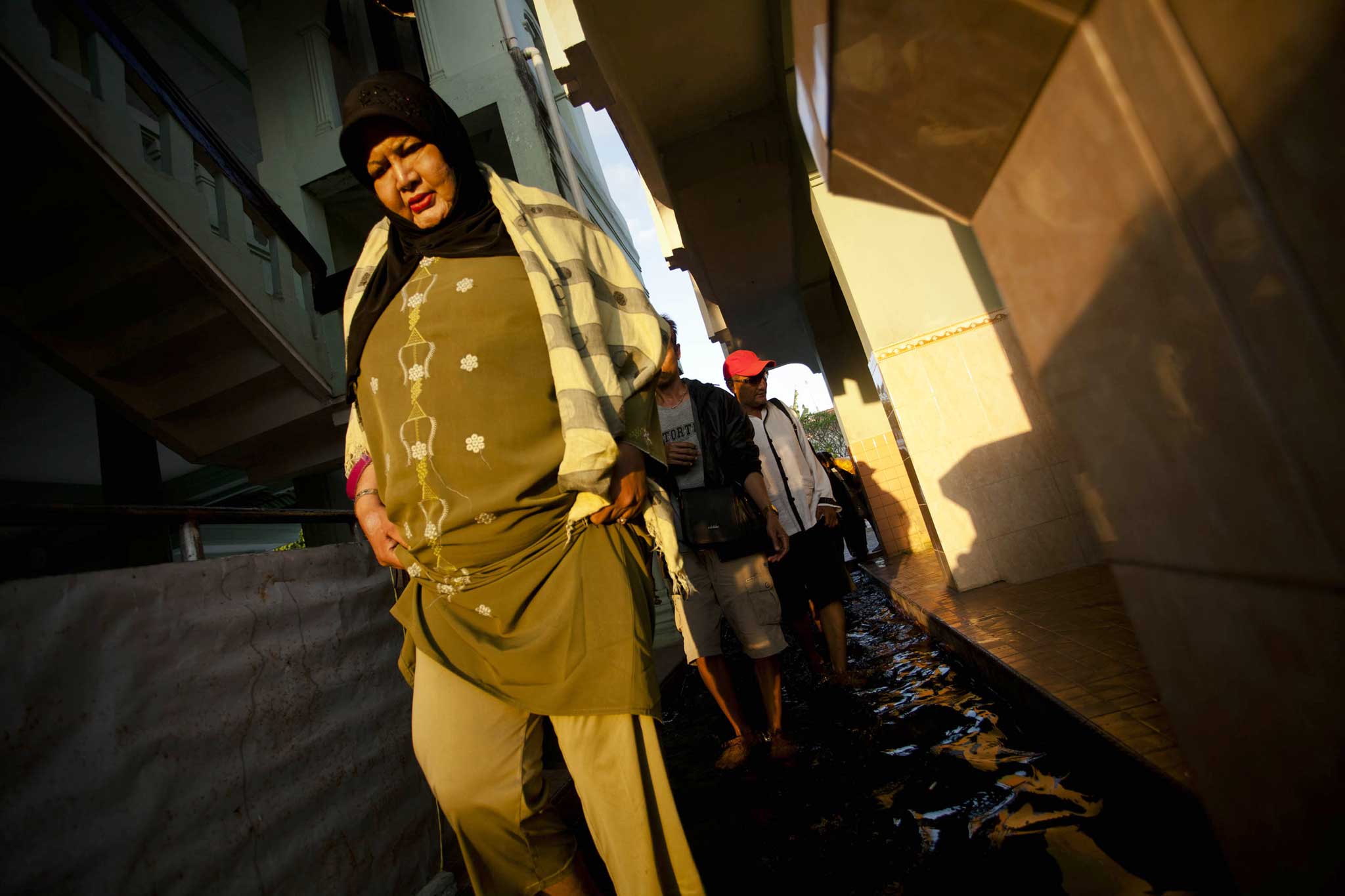Travel books round-up: Wonders of the world, from cow wee to the 'waria'

Surely no country offers richer pickings for a cabinet of curiosities than India. The diverting assemblage in Sam Miller's A Strange Kind of Paradise: India through Foreign Eyes (Cape, £18.99) ranges from the putative appearance of St "Doubting" Thomas in Kerala to the mutilation inflicted on 300 British soldiers imprisoned by Tipu Sultan in the 1780s. "Terribly alarmed for our foreskins," wrote one colonel.
Unusually outspoken for a BBC man ("Agra is a bit of a shithole"), Miller enjoys a personal advantage in exploring the subcontinent's enduring allure for foreigners. When his Parsi fiancée revealed that she drank cow's urine during her coming-of-age ceremony and her dead relatives were left out in the sun to be picked at by vultures, all Miller could offer in the way of corresponding eccentricity was the English bath-tub, which she quite reasonably regarded as "wallowing in one's own filth".
While undertaking an HIV survey among the waria or transgender community in Indonesia, Elizabeth Pisani experienced a less permanent amendment than Tipu Sultan's captives. "Why didn't I have a decent manicure? 'Here, allow me…' and they whip nail varnish out of their clutch bags." Pisani's Indonesia Etc. (Granta, £18.99) is an absorbing 13,000-mile ramble round this sprawling, little-known archipelago (population 240 million).
Enduring rackety bus journeys where every passenger but her enjoys "Indonesia's national pastime: sleep", Pisani experiences rural speculation about her gender ("Is it a sow or a boar?") and has tea with a corpse in a party dress. One rarity in travel literature is her admission of "bursting into tears" – an understandable reaction on learning that the commissioning editor of this book had quit. "Seven months of staying in damp, windowless flea-pits... seven months of defending my childlessness… seven months in a world without loo paper, alcohol or English conversation… all came crashing down on me." The reader is almost as delighted as the author that this transporting work has made it into print.
In 1863, a 31-year-old Yorkshirewoman joined Thomas Cook's first conducted tour of Switzerland. Jemima Morrell's sharp-eyed journal provides both the itinerary for Slow Train to Switzerland by Diccon Bewes (Nicholas Brealey, £10.99) and many of the wittiest lines. The celebrated thrift of her native county emerges when douaniers in Dieppe have the gall to charge 50 cents tax on the Yorkshire curd tarts wisely provisioned by her cousin. Miss Jemima suspects that the tariff was imposed "more from disappointment that they were not invited to partake than from any right they had to levy it".
The poverty-stricken Switzerland she describes, where "goitred ogres" pestered the party for tips, is far from the plush enclave we know today. Acting as her genial, loquacious shadow, Bewes's outpouring of info is relentless as an avalanche (a rarity today due to lack of snow): Eiger means "ogre"; muesli is "a popular dish at any time of day"; the cuckoo clock, which summed up Switzerland in The Third Man, is actually from the Black Forest (though the Swiss are happy to sell them).
A present-day visitor to Spain will only spasmodically recognise the land described in Laurie Lee's 1935 masterpiece, As I Walked Out One Midsummer Morning (Penguin, £8.99). The "heavy vacuum" that the 19-year-old Lee found in the plaza of Vallodolid has today been replaced by the purr of Mercedes emerging from an underground car park. Similarly, the introductory English section, which occupies a third of this classic, as vivid as it is entertaining, might be from a Grierson documentary, with London's "almost rustic confusion of… rattling old buses, coster ponies and traps, prim little taxis like upright pianos." Great travel writing can take you across time as well as continents. christopher hirst
Join our commenting forum
Join thought-provoking conversations, follow other Independent readers and see their replies
Comments